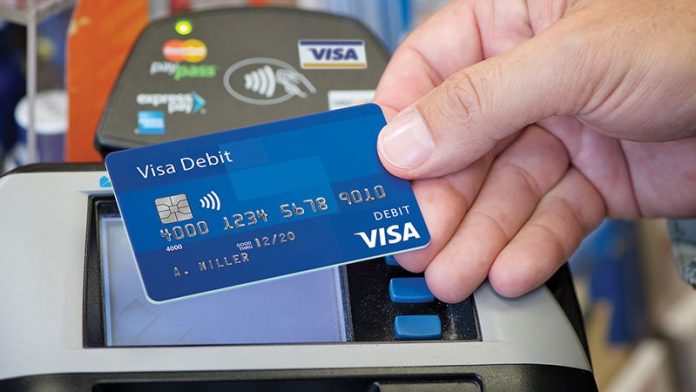RBI Tokenisation: If you also pay by card then you will have to replace your card details with token. There is still some time for this rule to be implemented. So let us first understand card tokenization and this rule first.
RBI Tokenisation:
In order to protect against financial fraud with bank customers, the Central Reserve Bank has considered many ways in recent times and is bringing some new rules and regulations. One such rule is the option to tokenize the card. RBI is implementing this rule to keep credit and debit card details safe. Under this rule, cardholders will have to convert their card into token while making online payment with the card. Under this rule, now the merchant and payment gateway company will not be able to save your data and card details etc. at the time of card payment. Instead, they will have the details of the token saved, which you will create yourself. RBI has also fixed the date for this. According to the update so far, this rule will be effective from October 1.
If you also pay by card, then you will have to replace your card details with a token. There is some time for this rule to be implemented, so let’s understand card tokenization and this rule first.
What is Card Tokenization?
It simply means converting your card details into a token. When you process card payments anywhere, that merchant platform will store your card details such as your card number, your CVV (3 digit value written on the back of the card), expiry date etc. in its database for an easy and fast payment experience. But saves. This has been happening till now, but it is not a safe practice in terms of your financial security. If the data of that website / platform / merchant is hacked, then your data can also be leaked.
That is why RBI has introduced the option of card tokenization. Under this rule, when you make a card payment, the merchant will not be able to save your card details as you must have already generated a token for your card. The same token will go to the merchant.
What is RBI’s rule?
RBI’s rule states that after October 1, 2022, card details of cardholders cannot be saved by anyone other than their bank or card issuing institution / network. Before this, users will have to replace the card details with the token. That is, the responsibility of keeping your card safe lies with the banks and the cardholders themselves. You are being given the option to keep your data safe.
How to do card tokenization?
After the payment is initiated, the cardholder will have to choose the option of tokenization of his card. Thereafter, he will place a request for the token in his capacity as a payment gateway or merchant token requester, after which the bank will generate the token to the token requestor with the permission of the cardholder.
How you have to convert your card details into token, how your details will be replaced with token, its step-by-step process is as follows-
> The next time you go to make a card payment after shopping on an app or online website, you will have to choose the option of tokenization.
> After starting the payment transaction process, you will have to provide the details of your debit or credit, in whichever mode you are making the payment. Enter your card details here.
> After this you will see the option of “secure your card as per RBI guidelines”. or “tokenise your card as per RBI guidelines”. Select this option.
> Here you have to give your approval to make the token of the card. For this, you will get an OTP on your registered mobile number or email, entering this OTP will become your token.
> Now your token is ready and after the transaction process is over, this token will be saved with the merchant instead of your card details and your data will be safe.
Essentials
You have to save different tokens on different platforms. If you lose your device, your bank will also have to give you the option to deactivate the token, so that your data is safe.
Users will get the feature of tokenization process on mobile and tablet only. Another good thing is that you do not have to pay any fee for this service.


